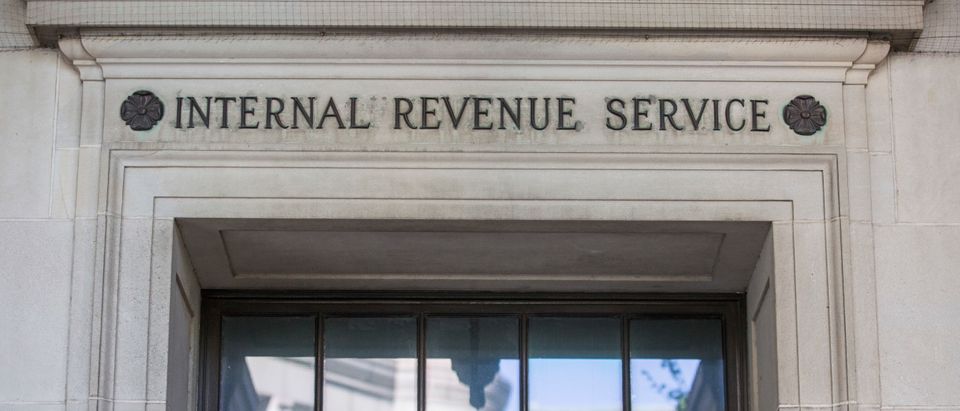As Democrats come up against the clock to find a way to finance an enormous $3.5 trillion spending plan, ideas to do so are becoming increasingly half-baked. The latest fad is as unworkable as it is intrusive — a plan to require financial institutions to pass along to the government the details of nearly every financial account in the country.
Under the proposal by the Treasury Department, financial institutions would be responsible for reporting data on gross inflows and outflows, as well as more detailed breakdowns, for all accounts, business or personal, at financial institutions, so long as those transactions total more than $600. That includes not only bank accounts, but also loan and investment accounts.
The stated reasoning for taxpayers losing every last shred of financial privacy is the need to close the so-called “tax gap,” or the gap between taxes owed and what the IRS takes in. Parties with a political interest in exaggerating the size of the tax gap have recently succeeded in manufacturing urgency to address this problem by claiming it was as large as $1 trillion. More sober-minded analysis concludes it is likely nowhere near this large.
Yet in any case, the Treasury Department’s drastic proposal is uncalled for. For one thing, the administrative burden of reporting transaction information on every customer is a significant one for the most resourceful national banks, but small community banks may well be overwhelmed by the new reporting requirements.
And as a tool for combating the tax gap, such an enormous and indiscriminate audit net would likely prove less helpful to the IRS than it sounds. As an open letter signed by several major banking organizations, large and small, warns, tasking financial institutions with “piecing together a picture of hundreds of millions of individual taxpayers’ accounts, is inefficient and indirect.”
Congress tried something similar back during the passage of the Affordable Care Act, attempting to require businesses to report all purchases made from any vendor totalling over $600 a year. Though it initially passed, the provision was later repealed as small businesses buckled under the reporting burden. Even President Obama conceded that the provision “appears to be too burdensome…It’s probably counterproductive.” There’s no reason why things should be any different this time around.
After all, even if the data provided were helpful, the IRS is in no position to effectively utilize it. The agency is currently in the process of lobbying Congress to increase its funding, at a time when taxpayer services and timely return processing have suffered. Tossing tens of billions of dollars at an organization that is already struggling to get its ducks in a row, then flooding it with more taxpayer information than it could ever put to good use, is a recipe for chaos.
When it comes to agencies entrusted with safeguarding taxpayer privacy, chaos is simply not an acceptable status. Not only does the IRS have a track record of targeting taxpayers based on political affiliation, but it also still has failed to adequately answer questions about how investigative outlet ProPublica recently managed to access thousands of confidential taxpayer records.
Consequences for past IRS data security failures have been less political, but still caused great harm. At least two incidents over just the past five years, involving first a breach into the IRS database, then a rogue IRS employee, resulted in taxpayers having their financial information used against them in identity theft schemes. The IRS has done nothing in recent years to deserve the kind of trust it is demanding from taxpayers.
It’s remarkable that Democrats are even considering mandating such a broad intrusion into the privacy of American taxpayers. Should it manage to make its way into the budget bill, taxpayers would know that their privacy is worth less than the money needed to offset a small portion of Democrats’ spending dreams.
Andrew Wilford is a policy analyst at the National Taxpayers Union Foundation, a nonprofit dedicated to tax policy research and education at all levels of government.


